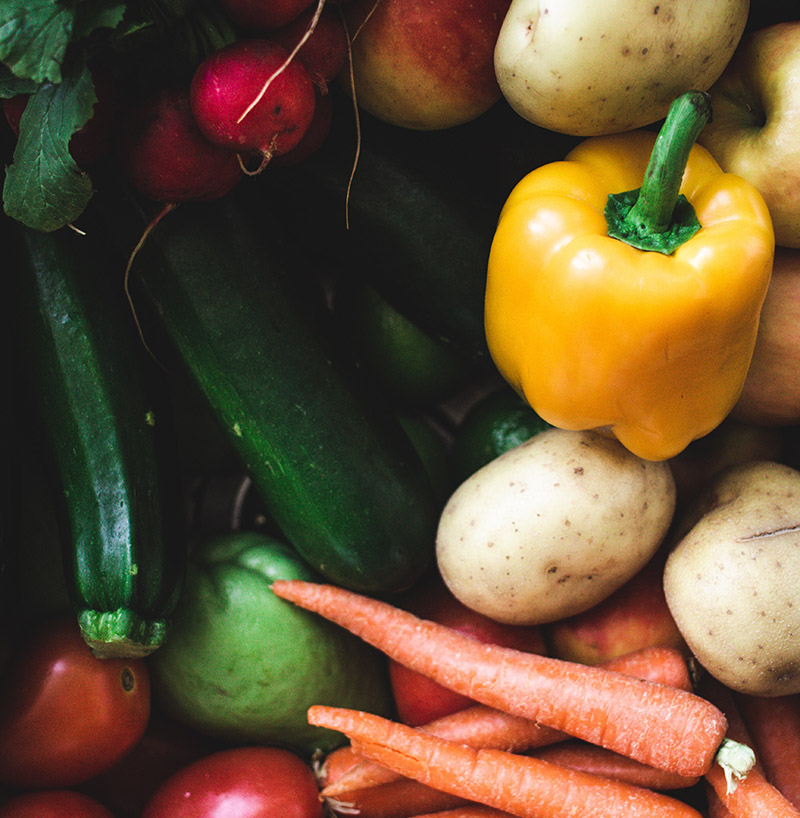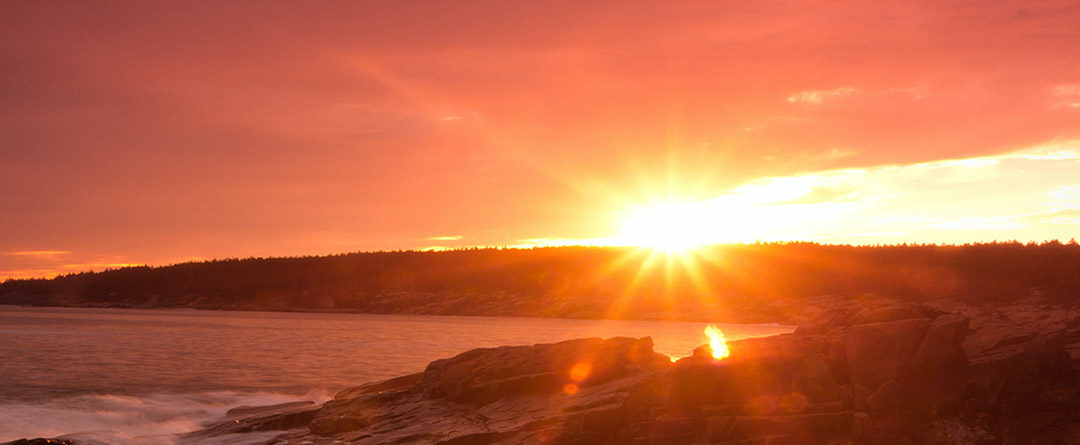by LeeAnn Pomrenke
Some of us are not built for giving things up completely “cold turkey.” Establishing more sustainable habits means that they have to be actions I can and will keep doing and be better for the environment.
I know that thinking that my small actions cannot make a difference is an excuse that derails my commitment. So I frame the actions I can take personally to resist harming the Earth as “practices” for my own good or even spiritual disciplines. These actions bring me closer to who I want to be in relationship with God and Creation. Like prayer, I don’t expect my small actions to change God’s cosmic actions or the world’s future, but uttering them changes me and how I interact with God and the world.
Judgment and helplessness are other major obstacles to sustainable habits. I don’t want to be judged or seem judgmental to others because that shuts down the conversation. I can only change my actions, but talking about the process that has brought me to these practices, can be persuasive. Why have I changed what I buy, eat, or drive for the Earth’s sake? These practices change my commitments, self-understanding, and how I wield my power or join movements. Individual actions do not get us “off the hook” but should draw us in deeper.
Eating my commitment to resist climate change
 My spouse and I call ourselves “flexitarians.” We eat meat but strive to eat less of it because of the impact, especially methane gas from cows, on the ozone layer. We are privileged to afford higher-priced foods or the time to cook from scratch at home.
My spouse and I call ourselves “flexitarians.” We eat meat but strive to eat less of it because of the impact, especially methane gas from cows, on the ozone layer. We are privileged to afford higher-priced foods or the time to cook from scratch at home.
Fish, beans, eggs, peanut butter, and skyr (Icelandic yogurt) are in frequent rotation as protein sources on our plates. If I’m being honest, there’s always tofu in the fridge, which gets eaten when we are out most everything else. We try all the new meat substitutes. If we eat red meat, we pay extra to buy local, more sustainably raised meat.
As my physician husband reminds his patients, eating lower on the food chain (more fresh produce, less processed food products, and yes, less meat) can save on medical bills for years to come by keeping our bodies healthier. We’ve also supported a non-profit in our former neighborhood that employs teen interns to do conservation work and subscribed to their Community Supported Agriculture (CSA) or co-op, as it has grown and changed. Believe me when I tell you that getting a box of random vegetables to prepare every summer week is a spiritual discipline as well!
Shopping my climate change resistance
Money talks, right? In addition to making intentional choices about what my family eats, we strive for a preferential option for sustainability in other products we buy like clothes, cleaning products, and motor vehicles.
Recycling doesn’t get us off the hook for plastics use, so I switched to using less plastic overall. When our congregation recently had a toilet paper drive for the food shelf, it was an opportunity for me to donate a box of a certain cheeky brand of toilet paper made from 100% recycled paper. Then I emailed the committee chair an online toilet paper sustainability “scorecard” showing which brands are cutting down less trees, so they can share it as they see fit. When we know more, we can do better.
It has taken me some work to value sustainability over “bargains” since money was tight when I was growing up. The impulse to get a deal is still strong, but only if I refuse to see all the factors making products so cheap. I’m working on how to talk about that with people where I came from during those formative years. Making choices about what to spend more on is empowering, though, because our purchasing power does make a difference.
Voting and advocating for climate change resistance
Personal actions will not solve global warming – not when corporations belch and dump so much pollution daily into our sky and waters. But disrupting my patterns solidifies my commitment to “walk the talk” and become the person who votes with climate change in mind, shops with climate change in mind, travels with climate change in mind and, well, you get the idea. The degradation of the earth by human actions is the greatest threat of our time. It should be foremost on our minds when we vote. We have to be loud and consistent in contacting our legislators about environmental issues.
Advocacy work helps me to resist the despair of believing that nothing helps. Influencing laws closing loopholes, or regulating an industry more closely can make a big difference in how much pollution is allowed into the air and waters. Investing in public transportation, biking, walking infrastructure, and green spaces can be double-sold as making areas less congested, more pleasant to live in, and better for the environment.
My family shows up to give feedback on bike routes or park planning, participates in climate marches, and calls and emails our elected officials. I could do better at this, but subscribing to the newsletters and e-alerts for organizations that advocate helps me know how to do better.
Discussion questions:
1. What are your smaller or bigger “sustainable” practices? How did you establish them, and what makes them sustainable for you?
2. When did you learn your habits and values about spending money and sustainability? How has what you have learned since changed how you spend?
3. How do you advocate for environmental issues? Who do you follow to know when and how to show up or speak up?
Closing prayer:
God who sustains us, strengthen our resolve to practice love for all your creation. Guide our spirits so that we do not give up but create long-term practices. May the words of our mouths, the meditations of our hearts, and our actions be acceptable to you, our Rock and Redeemer. Amen.
 Lee Ann M. Pomrenke is an ELCA pastor, mother and author. She currently works as an editor for Luther Seminary’s digital properties: Faith+Lead, Working Preacher and Enter the Bible and the host of Faith+Lead’s Book Hub events. Her first book is Embodied: Clergy Women and the Solidarity of a Mothering God (Church Publishing, Inc, 2020). She lives in Ohio with her husband and two daughters.
Lee Ann M. Pomrenke is an ELCA pastor, mother and author. She currently works as an editor for Luther Seminary’s digital properties: Faith+Lead, Working Preacher and Enter the Bible and the host of Faith+Lead’s Book Hub events. Her first book is Embodied: Clergy Women and the Solidarity of a Mothering God (Church Publishing, Inc, 2020). She lives in Ohio with her husband and two daughters.


Great article!!
How do I find a sustainability chart?
MY HUSBAND USES GOBS OF PAPER TOWELS! Irksome!
Thank you so much for this great article!